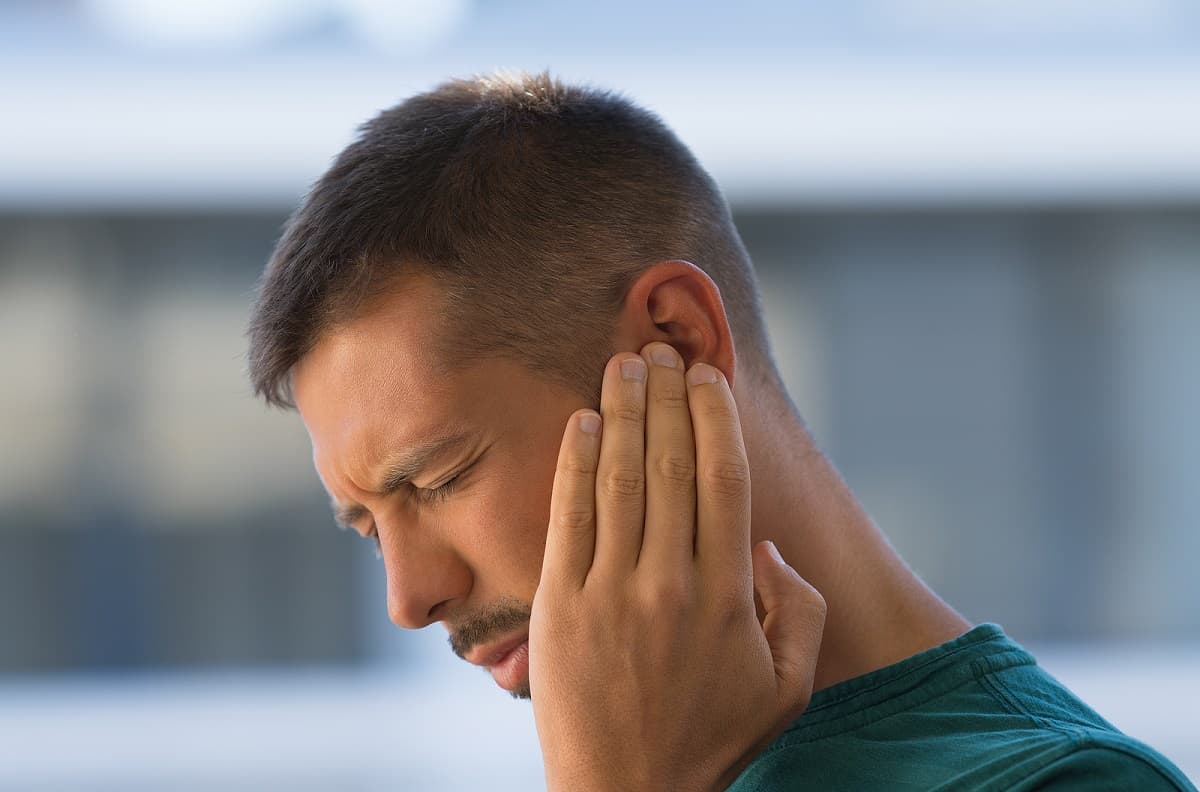- Fall TV Premieres and Using Hearing Aid Connectivity for Better Sound - October 15, 2024
- Answering Common Questions About Hearing Aids - October 5, 2024
- The Role of Artificial Intelligence in Hearing Aid Technology - September 28, 2024
Hearing loss, prevalent in older adults, has been linked by previous studies to depressive symptoms and cognitive decline. Lesser known are the impacts of treated hearing loss on the same health outcomes.
Hearing Loss and Treatment Options
Age related hearing loss is a type of sensorineural hearing loss that occurs in the hair cells of the inner ear. It is developed gradually over time and can happen in one or both ears. Hearing loss as a result of aging often occurs in the higher frequencies of sound. It is generally a permanent condition that requires treatment in the form of hearing aids or cochlear implants.
Hearing aids are used primarily to treat mild, moderate, and sometimes severe hearing loss. They work by amplifying the exact frequencies each individual needs. Hearing aids use a microphone and receiver systems that transmits sounds directly into the ear canal.
Cochlear implants work differently than hearing aids and are used to treat severe and profound hearing loss. They require a procedure that implants a small device under the skin that sends signals to stimulate the auditory nerve. They do not restore normal hearing, instead allow the user to recognize various sounds.
Hearing Loss and Depression
Previous studies have linked hearing loss with depression however the exact cause is not known. Nevertheless, there are several factors that are known symptoms of hearing loss that can lead to depression.
- Social Isolation and loneliness– When communication with loved ones becomes more difficult, those with hearing loss begin to pull away. Avoidance of in person or phone conversations may occur leading to self-isolation. Even when surrounded by family and friends, if you can’t hear or understand them it can be incredibly lonely.
- Decrease in independence– When you need others to translate conversations it can cause an increase in dependence on caregivers. For example, if you need to bring a loved one to a doctor’s appointment to make sure you hear or understand everything. This can make someone feel like they are losing their independence.
The impact of hearing loss treatment on depressive symptoms
With these factors in mind, the study conducted by researchers from Johns Hopkins University, University of Oklahoma College of Medicine and Drexel University in the United States aimed to determine the impact of hearing loss treatment on depressive symptoms.
This study included 113 adults aged 50 or above who received hearing aids or cochlear implants as hearing loss treatment. Of the 113 participants, 50 received cochlear implants and the other 63 received hearing aids.
Depressive systems were measured using the Geriatric Depression Scale (GDS) at baseline, six months and twelve months after treatment. GDS is a self-administered fifteen item questionnaire with yes or no responses. Some examples of the questions include “Are you basically satisfied with your life?”, “Have you dropped many of your activities and interests?”, “Are you in good spirits most of the time?”, “Do you prefer to stay at home rather than going out and doing new things?”.
The results showed mostly a significant improvement of depressive symptoms with treatment. GDS scores among cochlear implant users decreased by 31% from baseline to six months after treatment and 38% from baseline to twelve months. For hearing aids users, GDS scores decreased by 28% from baseline to six months after treatment and 16% from baseline to twelve months. A longer study would be needed to determine the long term impacts over a more extended period of time.
Advocate for yourself
It can sometimes be hard to ask for help, especially when it comes to something you used to be able to do without any assistance. Hearing loss is complex condition and there is not a simple fix for hearing. However this study signifies the importance of treatment for hearing loss. If you are experiencing any changes to your hearing, see a hearing health provider to get a hearing test.
Even with treatment from hearing aids and cochlear implants, a person with hearing loss can still experience depressive symptoms of isolation and loneliness as well as others. Speak to your healthcare provider about any of these feelings you may be experiencing as soon as possible.

